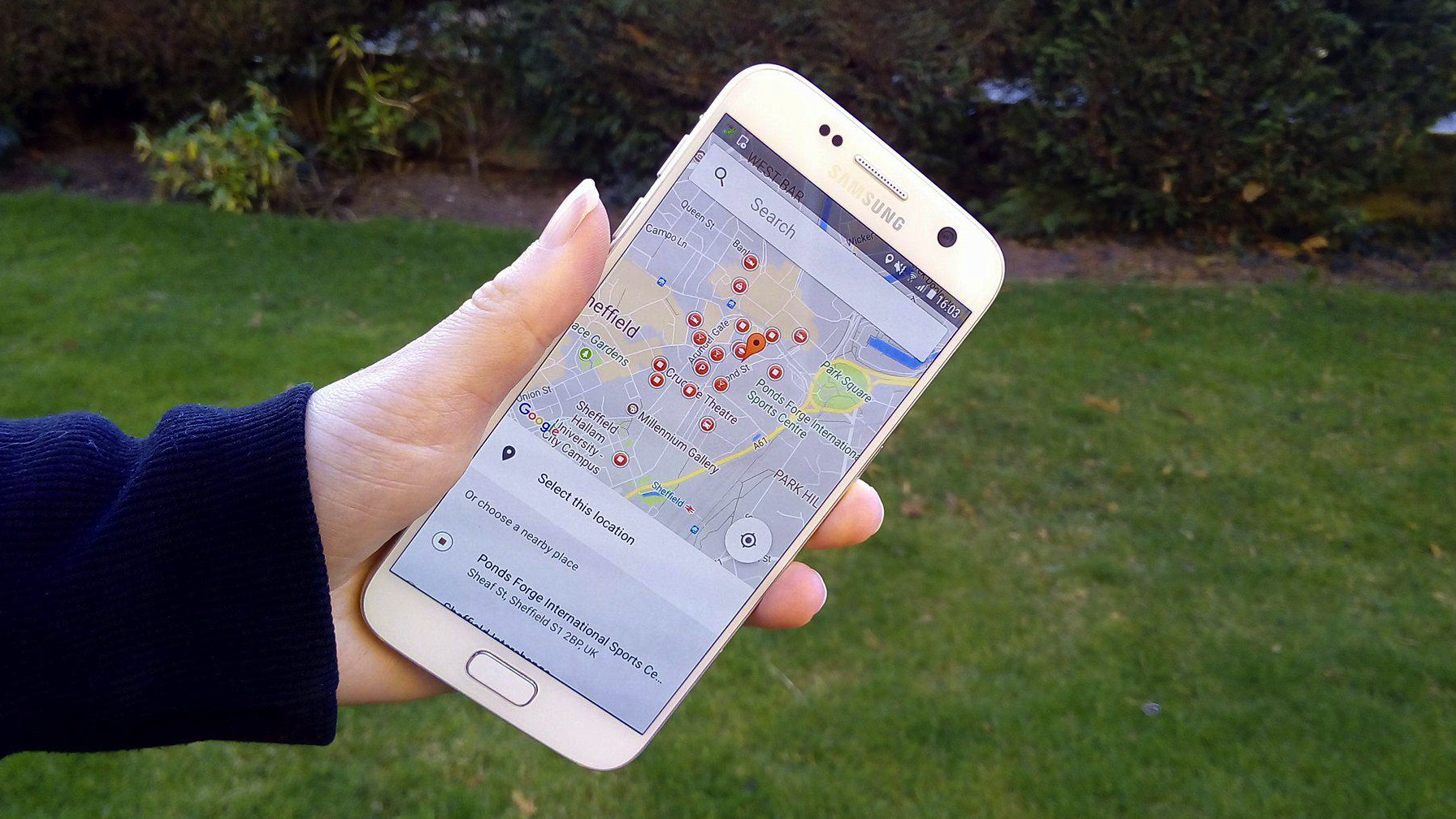Affiliate links on Android Authority may earn us a commission. Learn more.
US govt tracking citizens through mobile ads to study coronavirus spread

The United States government is reportedly tracking American citizens through mobile ads instead of carrier location data to check the spread of coronavirus.
According to a report by The Wall Street Journal (WSJ), the Centers for Disease Control and Prevention (CDC) is working with local and state governments to track the location of people situated in “areas of geographic interest.”
The location data is coming from “an ad hoc coalition of tech companies and data providers” reportedly working in conjunction with the White House and other governments. It is reportedly stripped of any personally identifiable information about the owners of the mobile phones.
The goal is to analyse the movements of Americans using their cellphone data and study how they may be affecting the spread of the virus.
How is the location data being used?
As per WSJ, the data shows which retail outlets, parks, and other public areas are still drawing big crowds. Since social distancing is key to stopping the spread of the virus, this data could help the government identify crowded hotspots and take preventative action.
In one such example, researchers found that a large number of people were gathering in Brooklyn’s Prospect Park. This data was handed over to the local authorities which in turn posted warning notices in the park.
Experts also tell WSJ that the anonymized location data can be used to ensure compliance of stay-at-home orders. Tracking the economic impact of restricted movement of people is also being stated as another use-case scenario of the data collection program.
Apparently, the goal is to amass location data of Americans across 500 US cities.
What are officials and tech companies saying?
The White House and CDC have not yet commented on this story.
Previously, it was reported that the US government was in talks with tech companies like Facebook and Google to aggregate smartphone location data. It’s unclear if this ad-based location tracking is a result of that partnership or not. None of the big tech firms have said anything about sharing users’ location data with the government.

However, as WSJ points out, advertising data is not hard to come by and huge troves of it are usually available for sale. Foursquare Labs, one of the biggest location-data companies, told the publication that it’s in talks with state and local governments about the use of its data.
On the other hand, data from carriers is tougher to access as there are stricter privacy regulations governing it by law. Carriers AT&T and Verizon told WSJ that they haven’t been approached by the government to provide location data.
What do you think of this massive location tracking exercise? Do you feel it’s a violation of your privacy or do you agree that it’s important to help curb the spread of the virus? Let us know your thoughts in the comments section below.